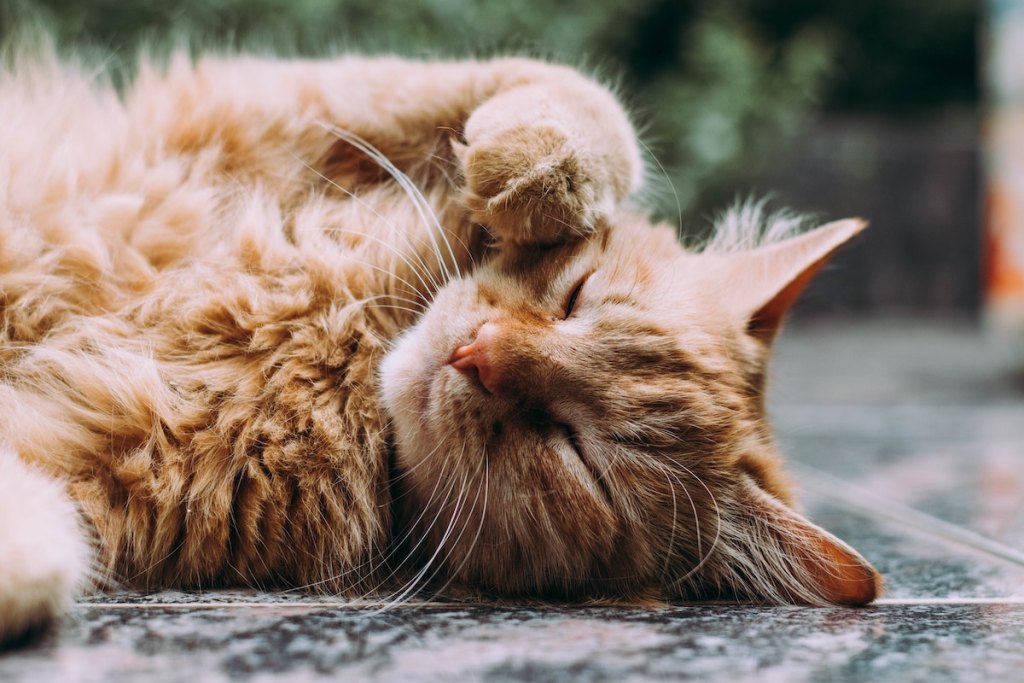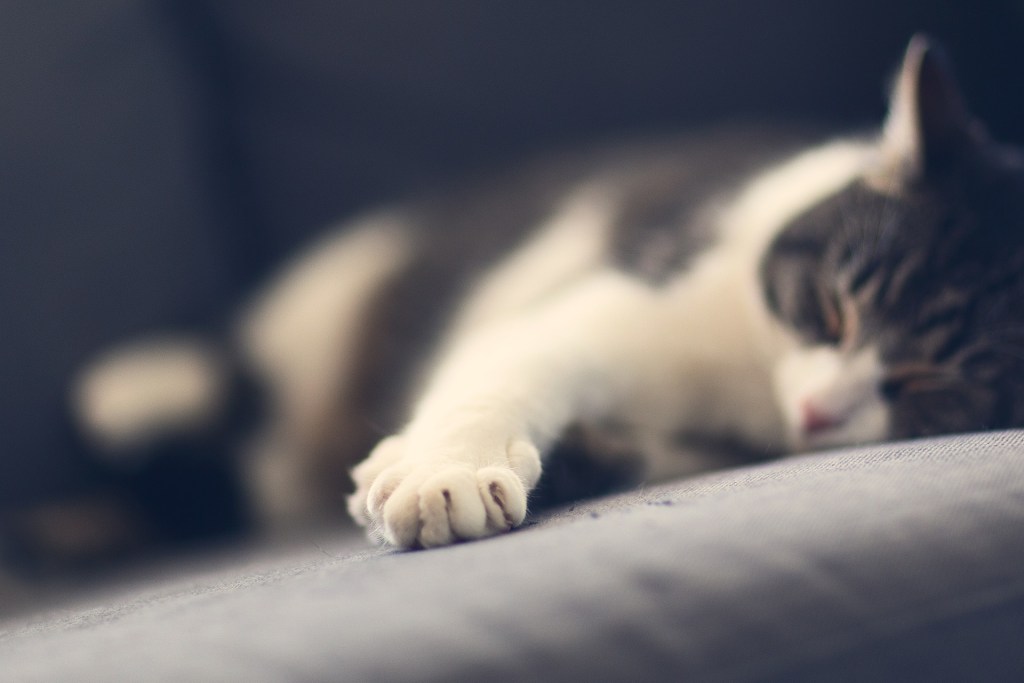
The list of the most adorable things your cat does would have to include purring, meowing, and kneading. But while the first two have obvious causes, you might not fully understand why your kitty makes biscuits. Like so many aspects of pet ownership, you have to look at both the circumstances and your individual animal to get to the bottom of their instincts. The next time you wonder, “Why do cats make biscuits?” — think about their surroundings and nature to figure it out.
What is kneading?
This cat move gets its name because it looks like kneading dough or making biscuits. Generally, cats alternate between their two paws pushing against a soft surface. Not every feline will gravitate to this behavior, and it’s a little different for each animal. Be mindful — for some cats, humans are the ideal kneading target. As usual, it all comes down to context, which means you need to pay attention to their knead to determine your cat’s inner feelings.

Why do cats make biscuits?
Kneading can have a few different underlying causes, but many of them are about seeking happiness or contentment. However, occasionally, this action indicates something else.
Comfort
Does your kitty cat exclusively knead around and on you? That might say that they think you’re comforting and soft. Careful though, pets can have sharp claws, so if you have a biscuit maker, get them trimmed by the vet.
Instinct
Most likely, your furry friend picked this up as a baby. Mikel Delgado, a cat behavior consultant, says, “It’s a likely throwback to happy behavior from the days of kittenhood. Kneading is what kittens do when they are nursing to encourage the release of milk from Mom.”
Relaxation
When they’re extra chill, you might wind up getting pummeled. Remember that your animal’s behavior can be controlled with proper training. While it could be instinctual and a source of comfort, you can teach your pet not to knead on you by carefully not rewarding the behavior and redirecting as necessary when they attempt to rub you like dough.
Heat
If your animal has not been fixed, making biscuits could be a sign that they want a bun in the oven. This action could also be accompanied by spraying. Similarly, during pregnancy, excessive kneading can indicate that labor is approaching and you’re about to have kittens.
Marking
Lastly, just like dogs, cats have scent glands in their paws, so they scratch or knead to release their particular aroma. The goal here could be to designate their territory or claim you in particular, especially if there are other beasts in the home.
Cat behavior can be difficult to decipher because it’s quite different from humans or even other pets. That means it takes a bit of focus to understand why your cat might decide to knead you or their surroundings. There could be a few different explanations; however, once you figure out your four-legged friend, you’ll have a much better idea of what motivates her to make biscuits or any other adorable cat actions that keep us committed to our pets.



